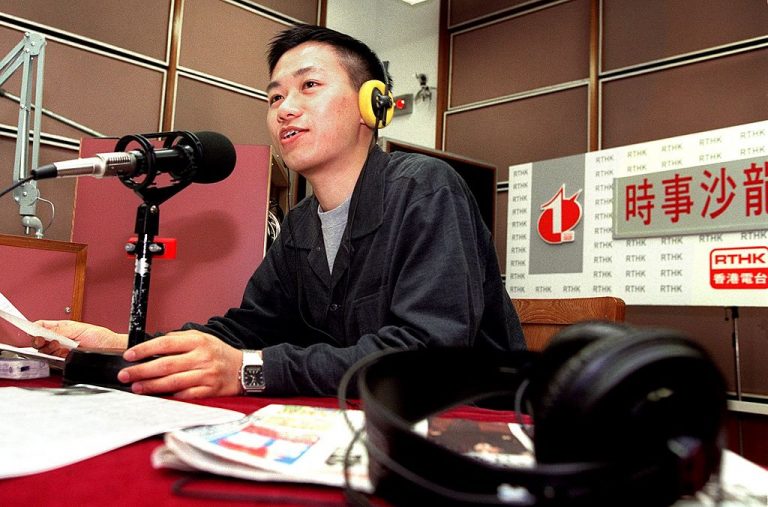In what is seen as a move to further undermine editorial independence in Hong Kong, the Radio Television Hong Kong (RTHK) was instructed by the government to prioritize national security as well as the interests of the Chinese regime. The document outlining the new rules was handed over to RHTK’s staff on Sept. 29.
It asks the media outlet not to glorify or depict “criminal” activities in a manner that would influence and incite other people. The 105-page document insists that RTHK uphold the “One Country, Two Systems“ principle as well as act in a manner that prevents and suppresses acts that pose a threat to national security.
“Under no circumstances should our programs provide a platform to encourage, incite, promote, glorify, endorse or sympathize with any act or activity endangering national security or otherwise contain any contents which are contrary to the interests of national security,” the document states.
The new rules stressed that the RTHK must not broadcast any programs that could incite or deepen resentment, antagonism, or discrimination toward the Hong Kong government and the Chinese regime. Any staff member found not complying with the rules may face disciplinary action.
But Kitty Choi, advisor to the Director of Broadcasting at RTHK, said that staff can continue to interview people who are critical of the government.
Success
You are now signed up for our newsletter
Success
Check your email to complete sign up
“Facts speak for themselves and facts are facts as long as these are genuine comments made by real people, they actually said it, there is no problem for reporting such as facts in our news,” Choi told RTHK News.
The document also noted that program makers must be “cautious” in their contact with foreign individuals, governments, and entities. Any contact that conflicts with program makers’ “official duties” must be avoided. When covering topics related to Taiwan, RTHK should identify itself with national interests.
The new rules also specify guidelines of how staff members must use social media.
“One should always act responsibly on social media and bear in mind that we have a public identity arising from our work in RTHK. The higher the seniority and visibility of one’s role in RTHK, the more prudence we expect from his/her conduct in the social media world,” the document says.
Hong Kong Journalists Association (HKJA) has condemned the new editorial guidelines for RTHK, specifically the instruction that journalists take the permission of their superiors while working on “sensitive” topics.
The group said that internal communications of media organizations must focus on “discussions” rather than commands. HKJA warned that it is counterproductive to issue “one-way, top-down instructions” as it turns a news organization into “production lines” that keep churning out scripts.
“The HKJA is concerned that RTHK management mistakenly believes that by issuing guidelines on content production, supplemented by a ‘referral’ mechanism, communication problems can be resolved or programs can be guaranteed to be error-free,” the organization said in a statement.
Sometimes compared to the BBC, RTHK is the only independent media outlet in communist China that is publicly funded. Operating since 1928, its charter guarantees editorial independence. With its extensive coverage of the pro-democracy protests that rocked the city in 2019, RTHK drew the ire of the Hong Kong police, government, and the pro-Beijing establishment in the city. The document is the latest display of crackdown on Hong Kong media since the shutdown earlier this year of Apple Daily, a leading pro-democracy newspaper.














